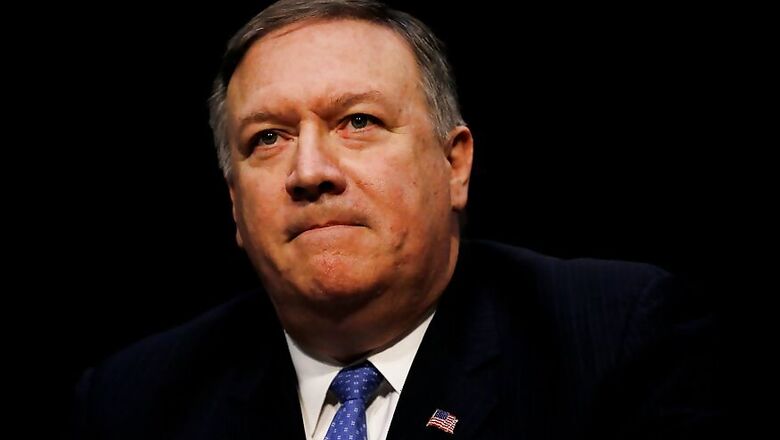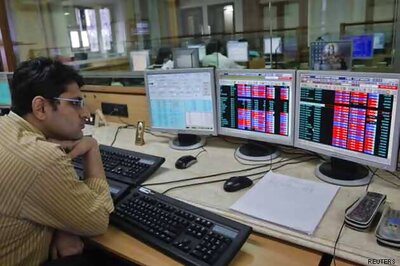
views
Washington: Chinese projects around the world, including its One Belt One Road (OBOR) initiative, have an element of “national security” and are less of an economic offer, according to US Secretary of State Mike Pompeo.
OBOR, also called the Belt and Road Initiative (BRI), is a multi-billion dollar project focused on improving connectivity and cooperation among Asian countries, Africa, China and Europe.
Pompeo on Thursday told a Washington audience that China poses security threat to the US, its friends and allies.
They are moving into the South China Sea not because they want freedom of navigation. Their efforts to build ports around the world aren't because they want to be good shipbuilders and stewards of waterways, but rather they have a state national security element to each and every one of them, Pompeo said in conversation with Rich Lowry at the National Review Institute's 2019 Ideas Summit.
The Belt and Road Initiative (BRI) is no different, he asserted. “We have said this every place we have gone, if you talk to any of our ambassadors or our charges, they will tell you we are happy to compete on a fair, transparent basis under rule of law with the Chinese anywhere in the world. We will win more than our fair share, but we will lose some to them too,” he said.
But when you are showing up with a non-economic offer, whether that’s through state-facilitated, below-market pricing or handing someone something knowing that you can foreclose on their nation shortly, which are predatory lending practices, that's not straight and we are working diligently to make sure everyone in the world understands that threat, Pompeo said.
India has been raising concern over the BRI's China-Pakistan Economic Corridor (CPEC) as it is being built through Pakistan-occupied Kashmir (PoK). The 3,000-km CPEC is aimed at connecting China and Pakistan with rail, road, pipelines and optical fibre cable networks.
The world is waking up to this threat, the US secretary of state said. “I think Asia and Southeast Asia in particular are waking up to this risk, and I hope the State Department can continue to be a part of making sure that they see that, identify it, and that it becomes more difficult for the Chinese to engage in these practices,” he added.




















Comments
0 comment